Last updated on February 13, 2024
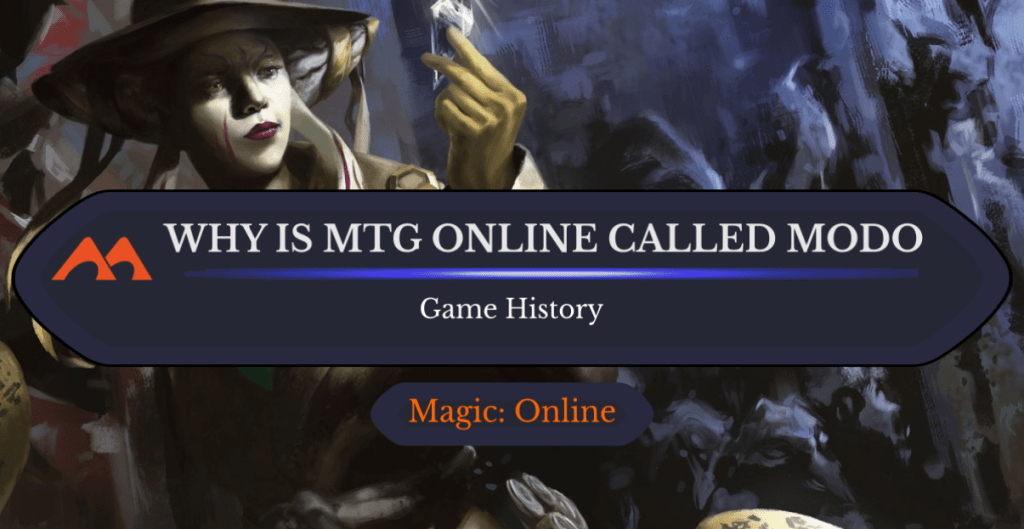
Tamiyo, Field Researcher | Illustration by Yeong Hao Han
Magic players love giving things nicknames. Mill became the recent keyword for putting cards from a library into the graveyard after years of the nickname given from the card Millstone. Steve, Bob, Gary, the community loves shortening things. We even call shorten Magic: The Gathering to Magic or MTG.
This can create a barrier of entry for players unfamiliar with some of the nicknames. One that sees some use but references a heavily outdated term is MODO, another name for Magic: Online. But what exactly is MODO, and how did the client earn this moniker?
Why Is Magic: Online Called MODO?
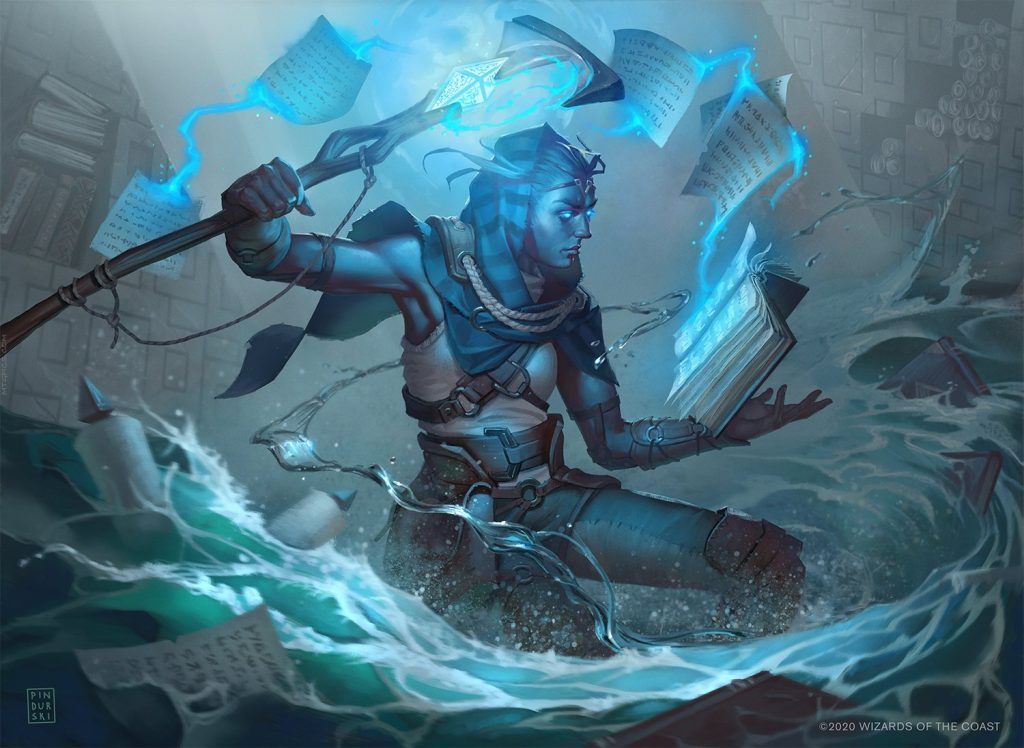
Field Research | Illustration by PINDURSKI
When Magic: Online first launched, the client was called Magic Online with Digital Objects. Which is a pretty unwieldy name! It was shortened to the abbreviation MODO, which rolls off the tongue easily.
The “digital objects” are all the products on MODO, like tickets and cards themselves. This nickname has nothing to do with naming digital objects at large; it’s just a nickname for the Magic client.
History of Magic: Online/MODO
Magic: Online launched in 2002 and has been fully supported with new sets ever since—though there was a period in 2003 when the client was so buggy it needed to be shut down for a few months to get fixed.
The client launched with a mere 1500 cards, offering a handful of formats: Booster Draft, Standard, and Block Constructed, utilizing the cards the client had at the time. The client would see further updates as new sets were released on paper, and the Masters Edition sets helped older cards onto the client.
Currently, you can play all sanctioned formats, including Legacy, Vintage, Limited, and Commander on MODO. The client also hosts premier events in various formats, with better prizes than basic leagues.
What Does MODO Stand For?
MODO stands for Magic Online with Digital Objects.
How Much Is Magic: Online/MODO?
MODO has a digital economy that functions similarly to how the secondary market for paper Magic works. Tickets, which can be purchased for $1 in the MODO store, are the main “currency” in-game. You can obtain cards by opening sealed products or through various digital stores like Cardhoarder.
The price of decks can vary widely, but MODO tends to be cheaper than paper Magic. Some staples can cost far more on MODO—there was a point when Fable of the Mirror-Breaker was $25 in paper and $50 online—but overall, the prices are a bit cheaper. The formats sit in similar price ranges—it’s cheaper to play Standard than Modern, Pauper’s cheaper than everything, etc. The biggest winners from MODO’s cheaper prices are Legacy and Vintage; without the Reserved List, these formats are far more accessible.
If you want to play Constructed on MTGO, be prepared to sink some cash into the client to get the cards. If you don’t care about owning cards, various card rental services have popped up that allow you to pay a monthly or weekly fee to rent cards. These can be a great way to see if the client is for you or to pick up a deck or two for testing before an event.
You’ll also hear people talk a lot about “going infinite” on MODO. Going infinite requires a positive win rate. For example, a Constructed League costs 10 tickets ($10) or 100 Play Points to enter. Tickets are purchased in the store, but Play Points are paid out as prizes. A 3-2 record gets you 100 PP back, plus some additional prizes. In theory, as long as you consistently go 3-2 or better, you never need to pay a League entry fee again! Of course, you need to get the cards for your deck first.
Do the Names Mean the Exact Same Thing?
More or less. Magic: Online, MTGO, and MODO all refer to the same game client that’s regularly updated with the newest sets. MODO is much more outdated, so newer players likely won’t know the name, but all three work to identify the client.
Magic: Online/MODO vs. Magic Arena
There are a few major differences between MODO and Arena, with the first and most glaring being appearances. MODO is often referred to as playing Magic in a spreadsheet. It’s a very utilitarian platform. It works to play the game, but there's not much to look at beyond base functionality.
Arena, with its animations and sound effects, is much more fun and engaging as a client in addition to having the same game. Well, part of the same game. Arena has far fewer cards. It always has Standard and a smattering of formats like Historic and Timeless that let players play with cards post-rotation, but those formats and Limited are about all the client has to offer.
MODO supports Standard and recent Limited formats in addition to more Constructed options. Additionally, since it has so many cards, MODO gets to run more developed cubes, like Vintage Cube and the Cube Spotlight Series. That said, Standard play on MODO has dropped significantly.
Which is the best client for you? If you only care about drafting the newest sets and maybe dabbling in a bit of Standard, Arena is a better-looking client, it’s a bit cheaper (a draft entry is $10 versus $12), and it has mobile support.
But if you want to play older, more diverse formats, even just Commander, MODO is the client for you. It also has much better support for premiere play with events across formats, including the weekly format Challenges.
Wrap Up
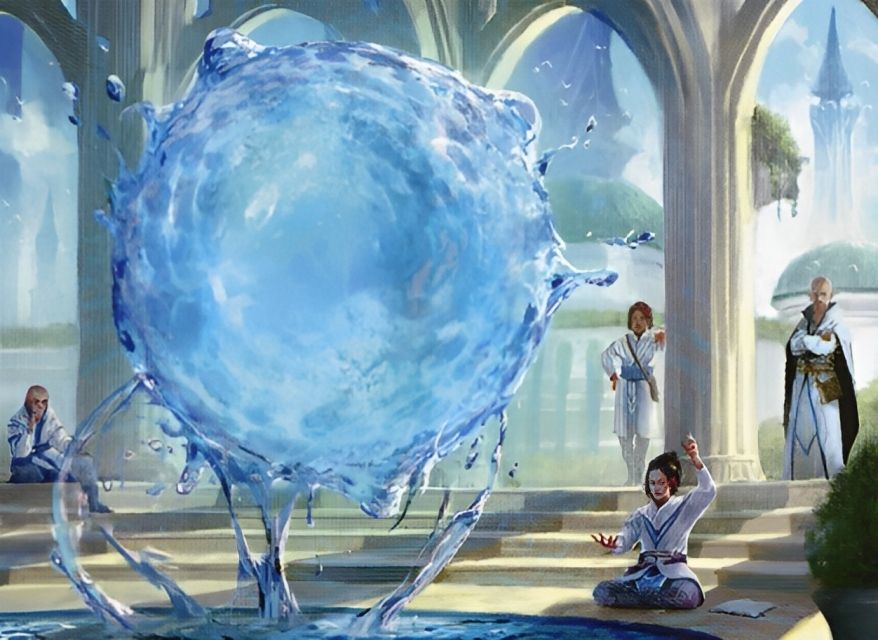
Flow of Knowledge | Illustration by Tuan Duong Chu
Having so many ways to play Magic on the internet is fantastic. It lets you interact with the game in ways you otherwise couldn’t. MODO is a classic term for a client that hasn’t evolved much from the early days but still gets the job done. Seeing how the game has changed is also a great reminder of how Magic continues to evolve and grow with the players.
What’s your preferred platform for playing MTG online? Do you remember when Magic: Online was MODO? Let me know in the comments below or on the Draftsim Discord!
Stay safe, and thanks for reading!
Follow Draftsim for awesome articles and set updates: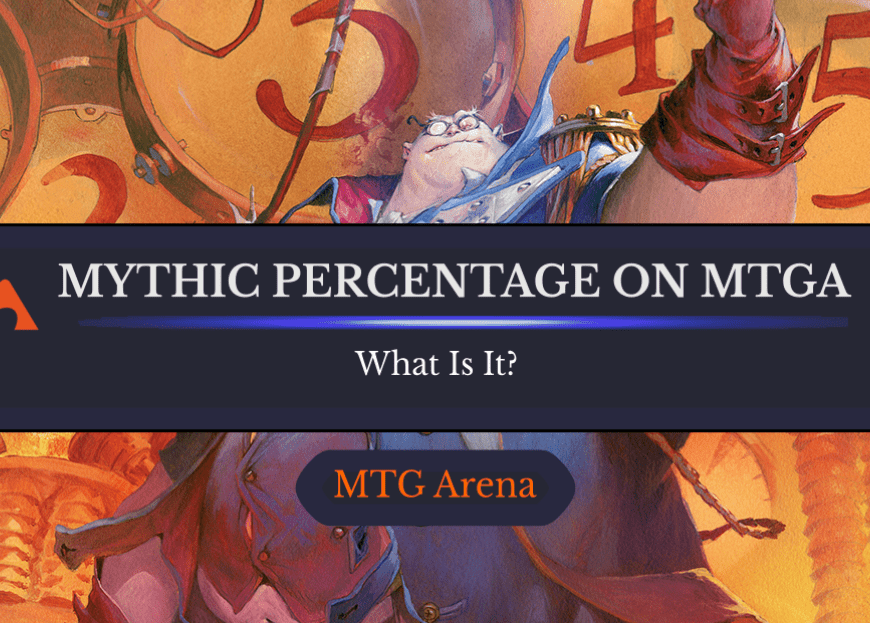
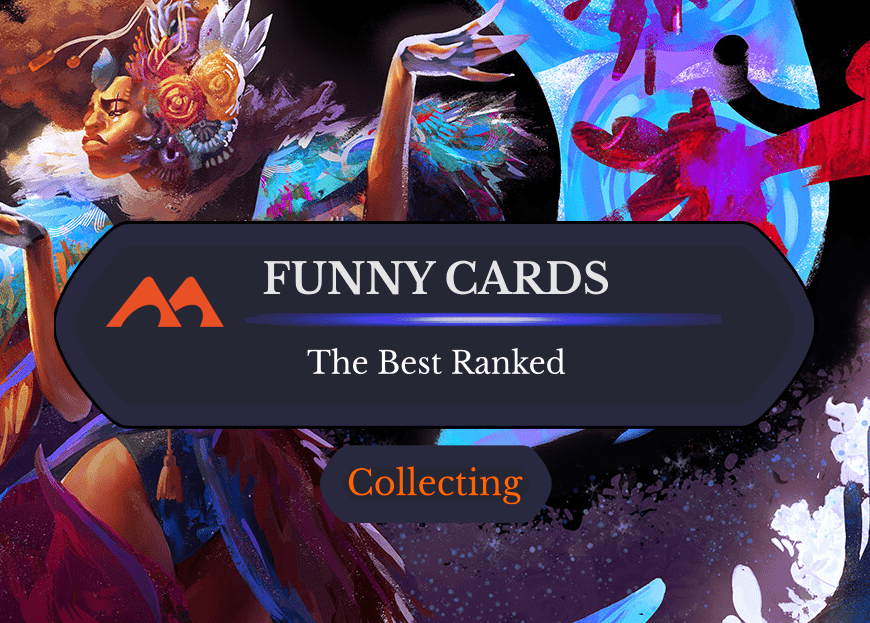
Add Comment